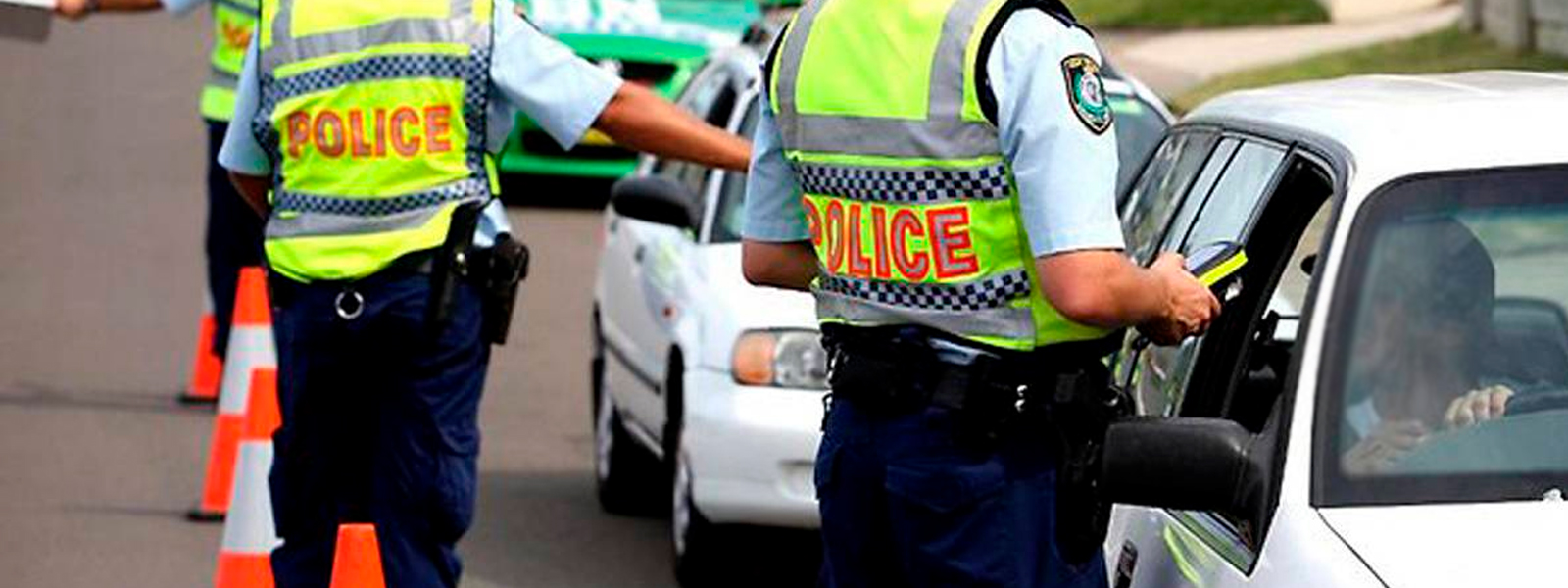Common Assault is an offence under Section 61 of the Crimes Act 1900. Common assault carries a maximum penalty of 2 years in prison and/or a fine of $5,500.
An apprehended violence order (AVO) is a court order made against you which aims to protect a ‘person in need of protection’ (‘PINOP’) from violence, harassment, intimidation, or stalking.
Bail is where a defendant is released from custody pending the outcome of their court proceedings. Only a bail authority such as a police officer, an authorised justice or the court can grant you bail.
The law sets the limits to the amount of alcohol you are allowed to have in your blood when driving. This is called the alcohol limit. The limit depends on the type of licence you have.
In New South Wales, fraud offences are governed by Part 4AA of the Crimes Act 1900. These offences are considered very serious.
Tax evasion is the intentional or reckless failure to comply with tax laws. It should not be confused with tax avoidance which is legal and concerns maximalising your tax bill legally.
The Crimes Act 1900 contains several ‘dangerous driving’ offences, with each carrying different penalties to reflect the seriousness of the offence.







